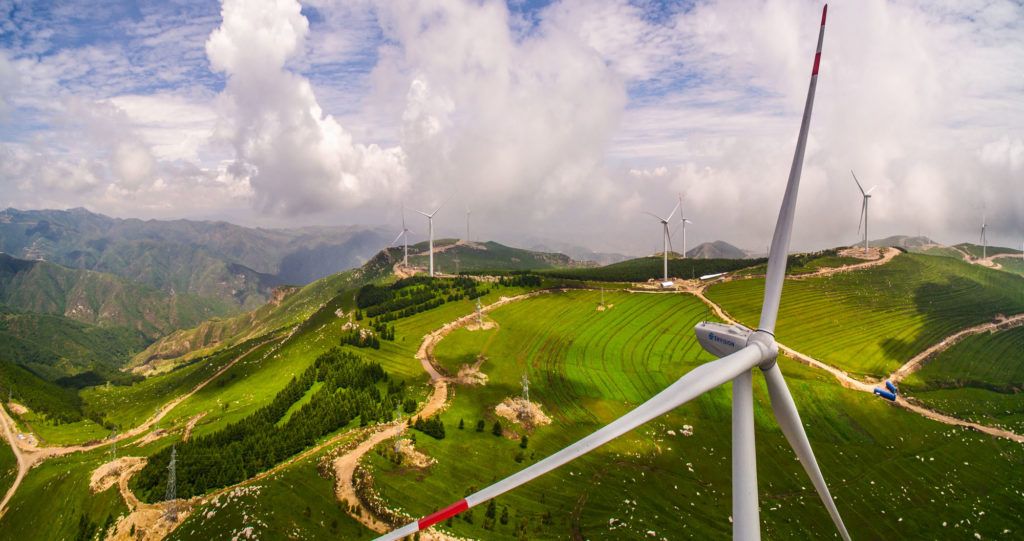Global institutional investors plan to almost double their allocations to renewable energy infrastructure in the next five years, a new report has found.
Octopus Renewables‘ Renewables and the recovery: accelerating investment in a post-pandemic world report, published today, found investors plan to up their overall portfolio allocation in the next five years to 8.3% from a current 4.2%. This is expected to rise to 10.8% over the next 10 years.
The biggest increases are expected from investors in Europe, the Middle East and Africa, where they plan to increase allocations from 4.6% to 10.1% in five years.
Reasons for this include the resilience of these assets during the pandemic (although Covid-19 has also slowed the expected divestment from fossil fuels), pressure from millennials and the sector’s long-term yield outlook, the report found.
Some 86% said the low interest rate environment and volatility in equity markets is pushing them to seek uncorrelated sources of higher yield. 78% said there was pressure from millennials for these investments, and 48% cited the sector’s long-term yield outlook.
“Renewable energy has proved an incredibly attractive asset class in the face of this year’s volatility, buoyed both by growing external pressures to invest responsibly, and by investors looking for long-term sources of yield,” said Alex Brierley, co-head of Octopus Renewables.
However, the report also looked at investors’ reservations about renewables. Liquidity concerns had risen to 43%, from 19% the year before. This is followed by energy price uncertainty (38%) and a lack of renewables skills and resources (28%).
Some 68% said lack of international cooperation was the main thing hindering the energy transition, and 52% wanted to see more investments products or better access to specialist managers.
“As gatekeepers to trillions of dollars, institutional investors have a critical role in fighting climate change,” Brierley said. “But to move the dial, investors have been clear that issues such as lack of government coordination, liquidity issues, and energy price uncertainty are standing in their way.
“Alongside governments, specialist energy fund managers, like ourselves, need to ensure we make investments more accessible and encourage greater investment in renewables and divestment of fossil fuels. We also recognise that there will be multiple routes to market and that investors will be at different stages of the journey. But understanding of the asset class’ ability to provide stable, long-term returns, while helping save the planet is growing. It is critical we use this momentum to drive further positive change.”








